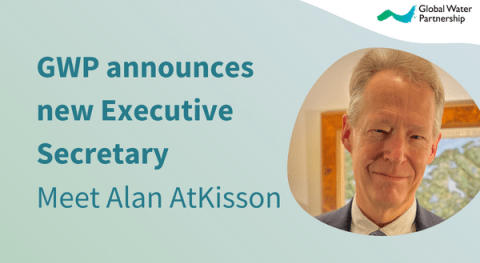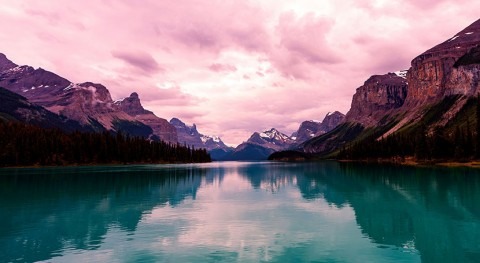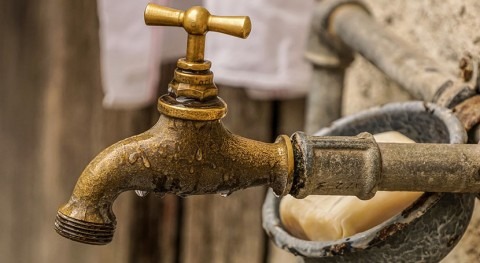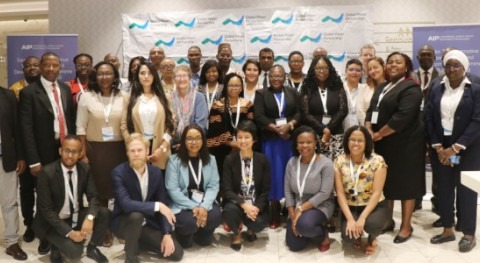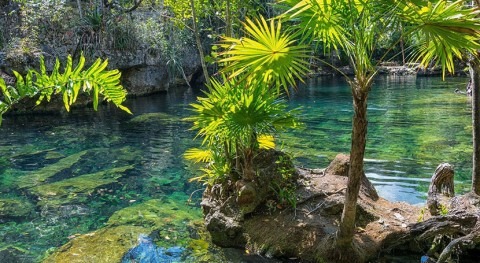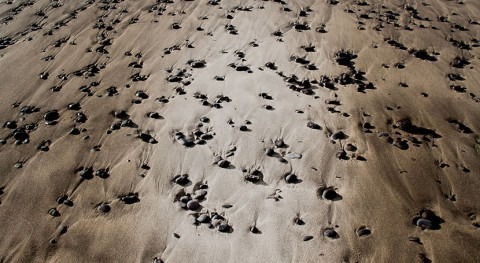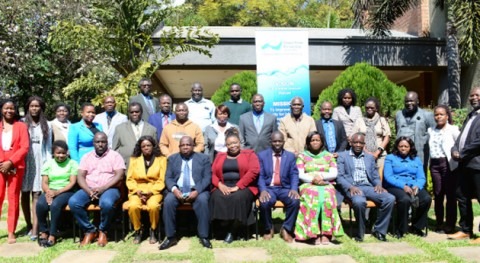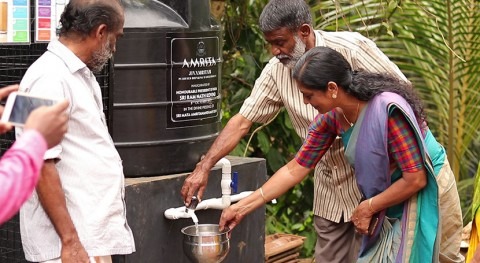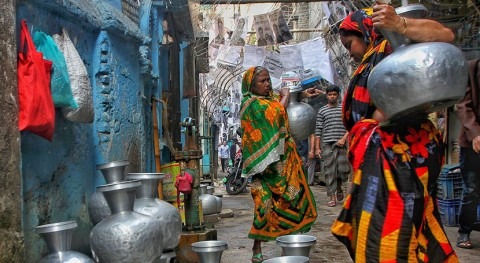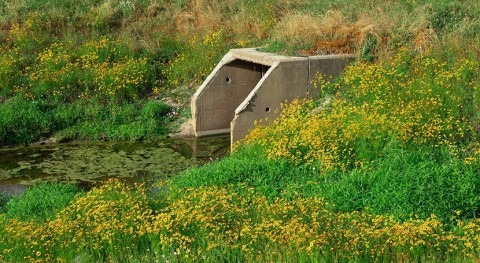Water projects are six times more efficient when women are part of the team. Yet there are still massive gaps in the employment of women in the water sector, particularly for jobs that are onsite or require a strong science background. On 22 September, GWP collaborated with Community of Women in Water (CWiW) and World Bank Equal Aqua on a virtual event that discussed how to support women to join and thrive in the water sector.
CWiW and World Bank Equal Aqua have partnered with GWP since early 2021. The aim of the joint event was to highlight the need for both men and women to act as support in engaging women to become active in the water sector.
"We now have data that show that women are underrepresented in the water workforce - fewer than 1 in 5 workers in water and sanitation utilities are female. Similarly, women are not equally represented in water associations, or many committees and groups related to water. We still have a long way to go," said World Bank Practice Manager Soma Ghosh Moulik in her opening remarks.
Dr. W. Brad Johnson of the U.S. Naval Academy and co-author of 'The Good Guys', gave a keynote speech on why it is important to include men, and what they can do to be better allies to women colleagues. He said that most men believe in gender equity and fairness, but "they just think they are doing more than they are."
"One of the problems we have is an aspiration and awareness gap in terms of what men are actually doing to support gender equity in the workplace. Simply believing in gender equity and fairness in the workplace doesn't always translate into actual behaviour. Women often see men's behaviour very differently and they don't see the actions that promote equity," said Johnson.
He listed some actions that men can take to lessen this gap, such as self-education: “Increase what I call your gender intelligence, learn, read, go to webinars like this one. And once you are learning about women’s experiences, ask women who you work with about this,” said Johnson.
Kathryn Pharr, Founder of CWiW, led a panel discussion with Dr. Inga Jacobs Mata, Regional Representative of IWMI Southern Africa and Jabulile Mashwama, Managing Director of eSwatini Water Services Corporation. They shared experiences from their work in water – Mashwama on how her company has developed a gender strategy for their workplace, and Jacobs Mata on the challenges of being a woman social scientist in the development sector. In her concluding words of the event, GWP's Senior Gender and Social Inclusion Specialist Liza Debevec encouraged more women working in the water sector to to join the CWiW and participate in upcoming members' events - learn more about GWP's gender related actitivities here.


